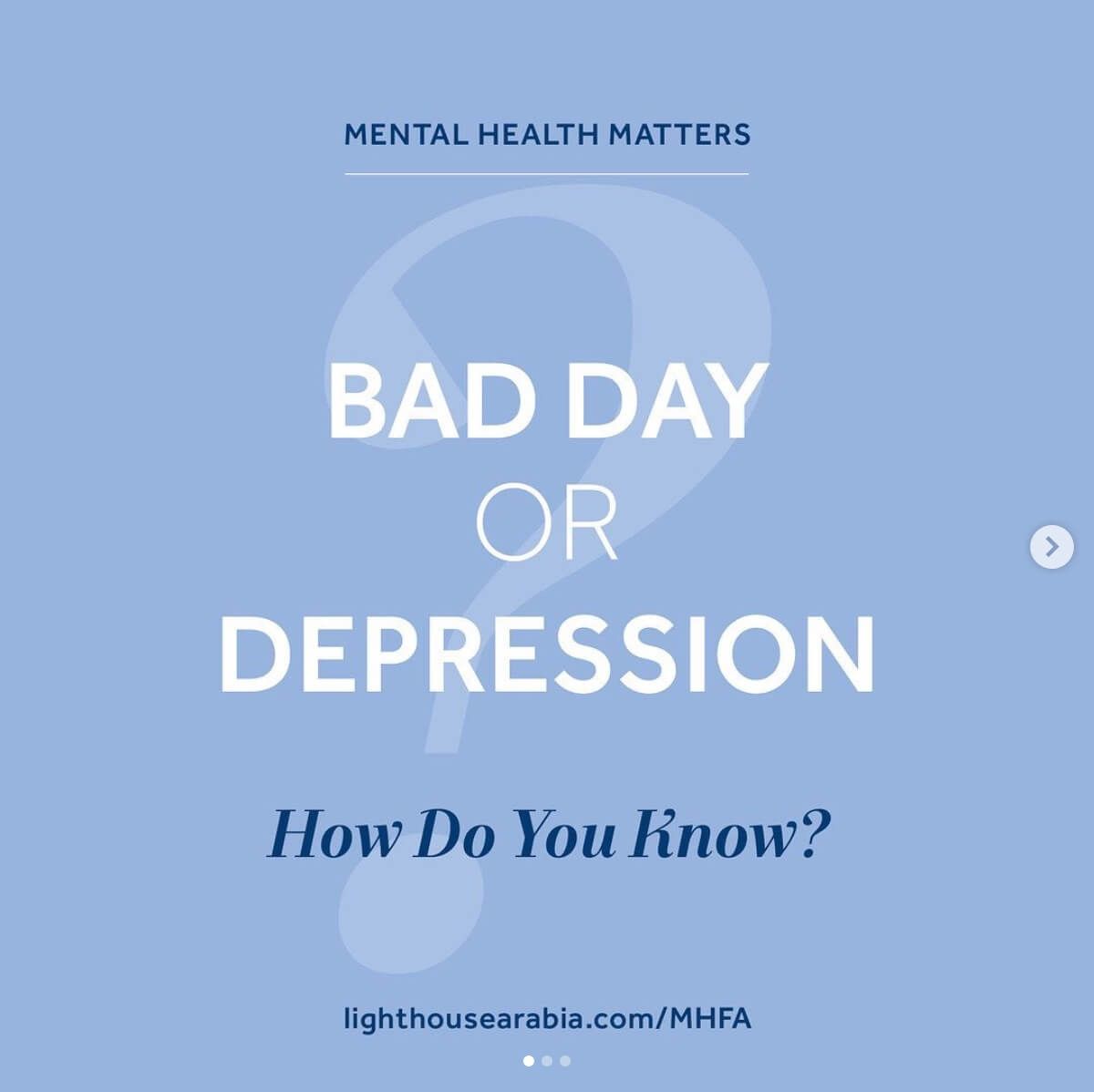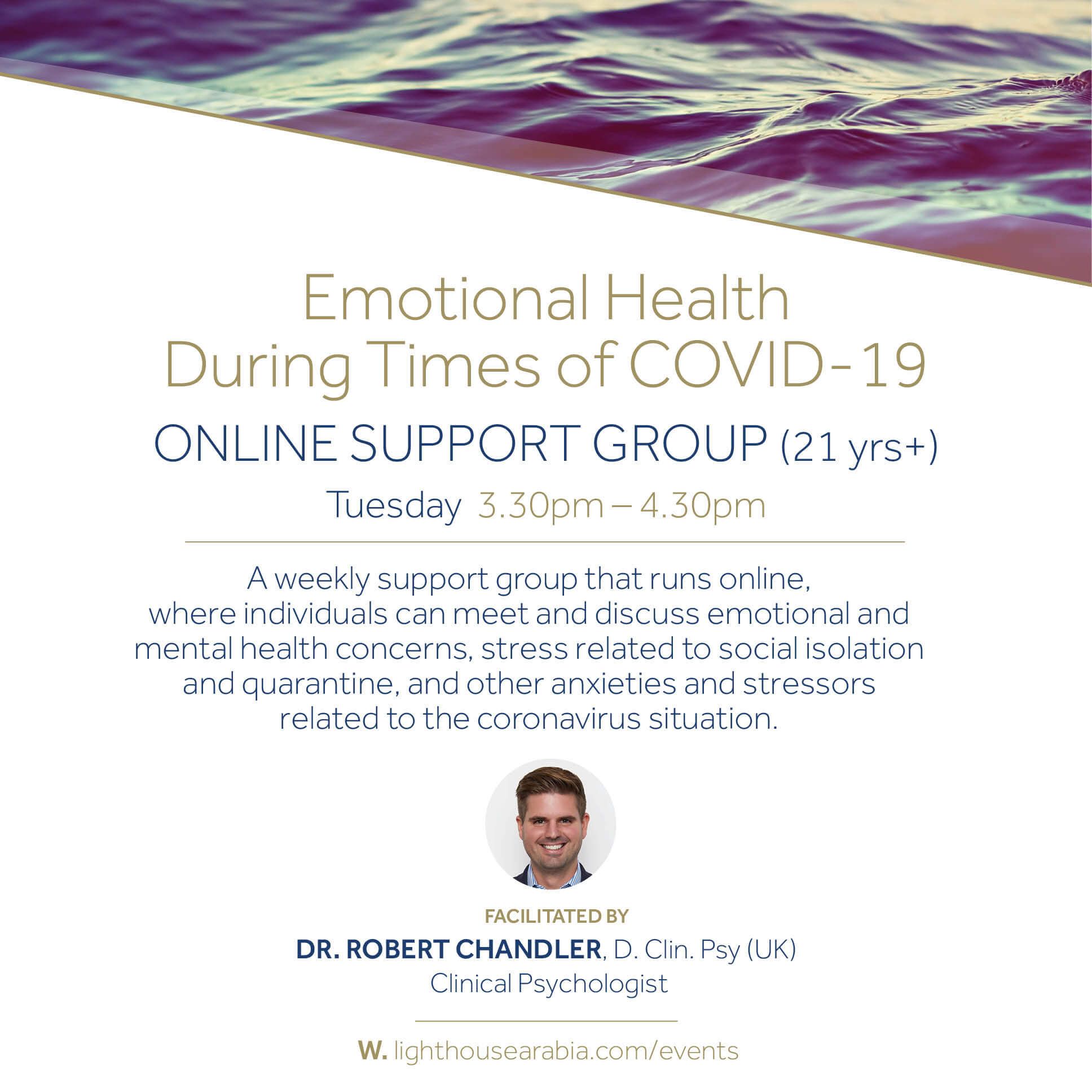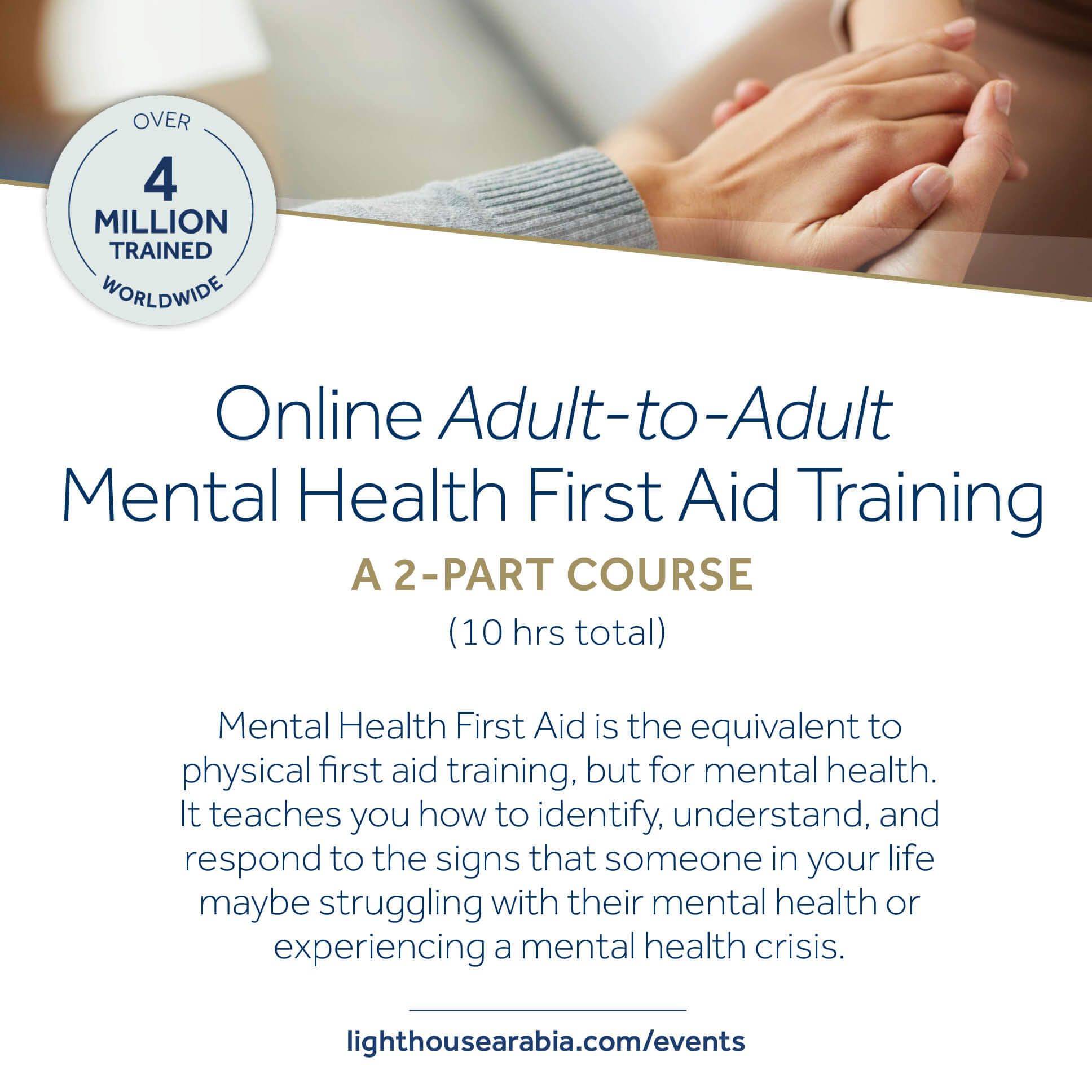
It is important to understand that health is holistic. We know that human beings have survived and been resilient for thousands of years because of the way we have lived, moved and eaten. Our bodies are coded for activity and work best when we move with nature, when we rise and set with the sun. Many of our physical and mental illnesses are a result of us forgetting to do the basics that our body requires, a delicate balance of eating, moving, sleeping and resting.
The idea that physical and mental health are different from one another is outdated. The mind and body are part of one delicate system, when one thing goes off, the others will soon follow. The gut, the heart, the liver, the kidneys, are all communicating with the brain and how healthy they are will impact our mental health and overall wellbeing.
Ultimately, our mental health can benefit from regular exercise. Physical activity, for example moving for 30 minutes-a-day every day, has been proven to have a positive impact on both mind and body.
There is now a wealth of research that shows that exercise can be equally or even more effective than some medications for treating depression and anxiety, as well as helping with attention span and learning. Exercise also reduces stress, releases happy chemicals in our body, grows our brain cells, protects our brain cells from deterioration, helps ease the stress that is a result of hormonal changes, helps us gain self-esteem and a sense of control of our life.
If you need a kick start to get into a healthier regime, the Dubai Fitness Challenge is a great way to start building in lifestyle changes, like prioritising 30 minutes of exercise in your daily routine. It’s an essential building block in protecting your mental and physical wellbeing when coupled with other activities and behaviours.
-
Get proper rest
Poor quality sleep and an insufficient quantity of sleep has been linked to serious mental and physical health concerns. Without seven-to-eight hours of sleep our body is not able to carry out the most important functions we need to restore, recover, and recuperate. Every part of our brain and body is impacted by lack of sleep and poor sleep. Make rest a priority.
-
The benefits of movement
There are many benefits of exercise and movement for our mental and overall brain health. Exercise improves our mood and reduces stress by increasing serotonin (which stabilises our mood, and promotes feelings of wellbeing and happiness), norepinephrine (which helps the body respond to stress and plays a role in our mood and ability to concentrate), and dopamine (which gives us feelings of pleasure, reward and motivation) – and it also helps promote new brain cells and new neural connections. It helps protect the brain from mental decline and improves attention and learning.
-
The importance of nutrition
We are what we eat. Research has shown that changes in the gut microbiome and inflammation in the gut can affect the brain and cause symptoms that look like Parkinson’s disease, autism, anxiety and depression. When we’re stressed we can overeat or undereat as a coping mechanism – but your body needs to be fuelled and it’s important to give it the nutrients and energy it needs.
- Take time to breathe
Seventy percent of our toxins are released by just breathing properly. Most people have shallow breathing, which can confuse the body and mind into being more distressed. Breathing properly elevates mood, improves blood quality, eases tension, and relieves emotional distress. Take time to focus on your breath, try exhaling for twice as long as you inhale to help centre yourself and find focus.
- Seek help if you are suffering
If your difficulties in life are feeling overwhelming, seek consultation. It is the strangest thing that we will get coaches for sports, consultants for our business, seek medical advice for our physical health, but refuse to see a mental health advisor to help with our life, emotions, and mental wellbeing.
This stigma is so dated and makes no logical sense, but people hold on to it and would rather suffer than to go see someone to help them to make sense of their suffering.
This article was originally published in Arabian Business in October, 2021.








